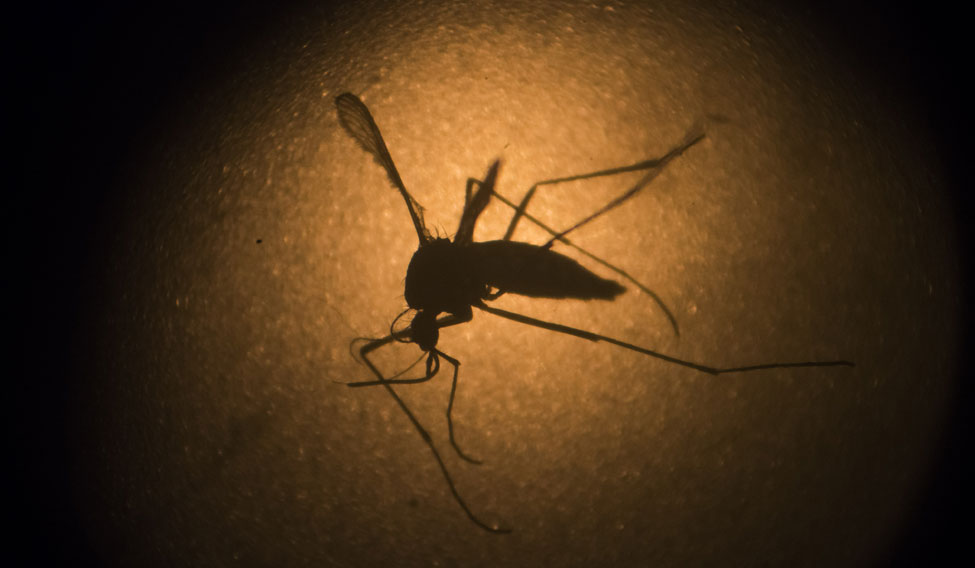An agreement between Indian multinational Sun Pharma and the Pune-based National Institute of Virology (NIV) to work on testing new drugs for Zika, Chikungunya and Dengue viruses has brought new hope in the treatment of vector borne diseases.
Sun Pharma will provide drug molecules to NIV for testing against Zika, Chikungunya and Dengue in model systems, and molecules with encouraging data will be taken forward for commercial development, the company said in a statement.
The news of the collaboration is significant because as of now, there's no antidote for these viruses, and patients are only given symptomatic treatment. The vector responsible for causing these diseases is Aedes aegypti mosquito, an insect that has been adapting fast to the changing urban environment, and efforts to check its breeding sites have not yielded much success.
"The rapid spread of Zika virus across the world is an addition to the list of Aedes-borne infections. No effective antivirals and vaccines are available for these infections yet," said Devendra Mourya, director, NIV.
Dengue alone has claimed several lives—last year, 1,29,166 cases of dengue were reported, of which 245 people died. This year, 11 deaths have been reported and 11,402 cases have come to fore until last month.
According to the health ministry, in India, urban areas have seen a proliferation of the Aedes mosquito owing to poor water management and presence of non-degradable tyres and plastic containers. Typical sites where the mosquito breeds include overhead tanks, ground water storage tanks and septic tanks. The mosquito, it has been found, can grow even in a teaspoon of water.
However, few vaccines against these diseases are in the fray— two Dengue vaccine candidates, including an indigenous one, and one vaccine against Chikungunya (by Bharat Biotech) has entered phase 1 of the clinical trial.
The indigenous dengue vaccine is being developed by the New Delhi-based International Centre for Genetic Engineering and Biotechnology, and has been tested to protect against all four strains of the Dengue virus. Along with Sun Pharma, the institute is also working on developing Cissampelos pariera (Cipa)—a novel botanical drug for treatment of Dengue. However, both these are at a pre-clinical stage of development. "It is too premature to discuss market launch at this stage," Navin Khanna, group leader, recombinant gene products, International Centre For Genetic Engineering And Biotechnology (ICGEB) told THE WEEK.
While each of these research collaborations are promising, experts say since the launch of these products will take several years, the only way to tackle these diseases is to engage the community. "People need to be aware of the breeding sites of the mosquito. School teachers and students also need to be made aware of their role in ensuring that such sites are cleaned regularly,” said Neena Valecha, director, National Institute of Malaria Research.
Valecha also stressed the need for laws against residents who don't comply with these norms, as well as those working at construction sites which is another breeding ground for the mosquito.




